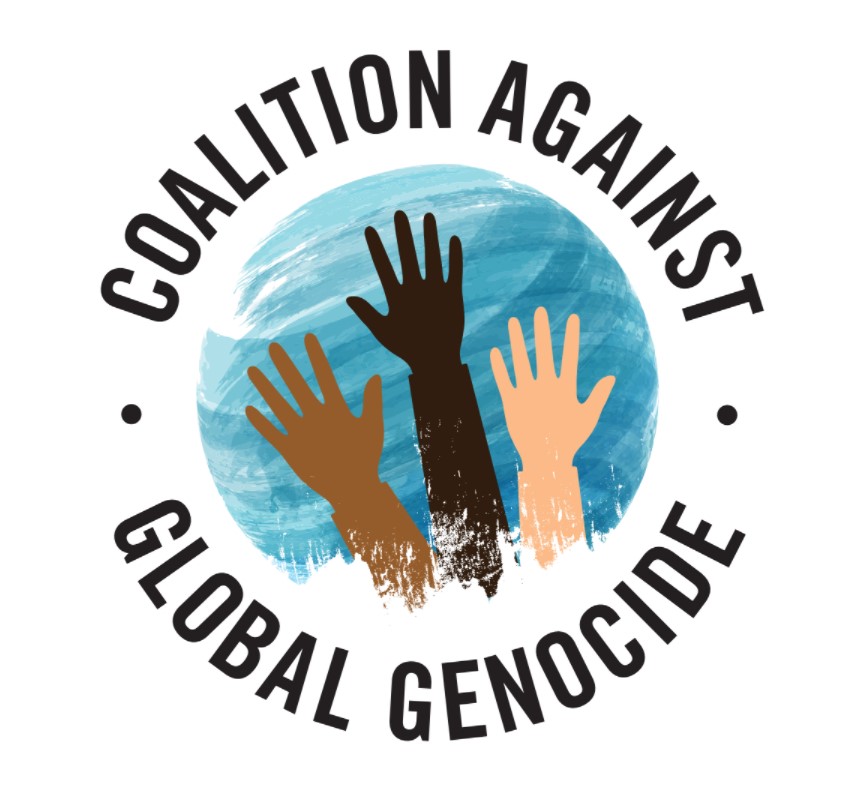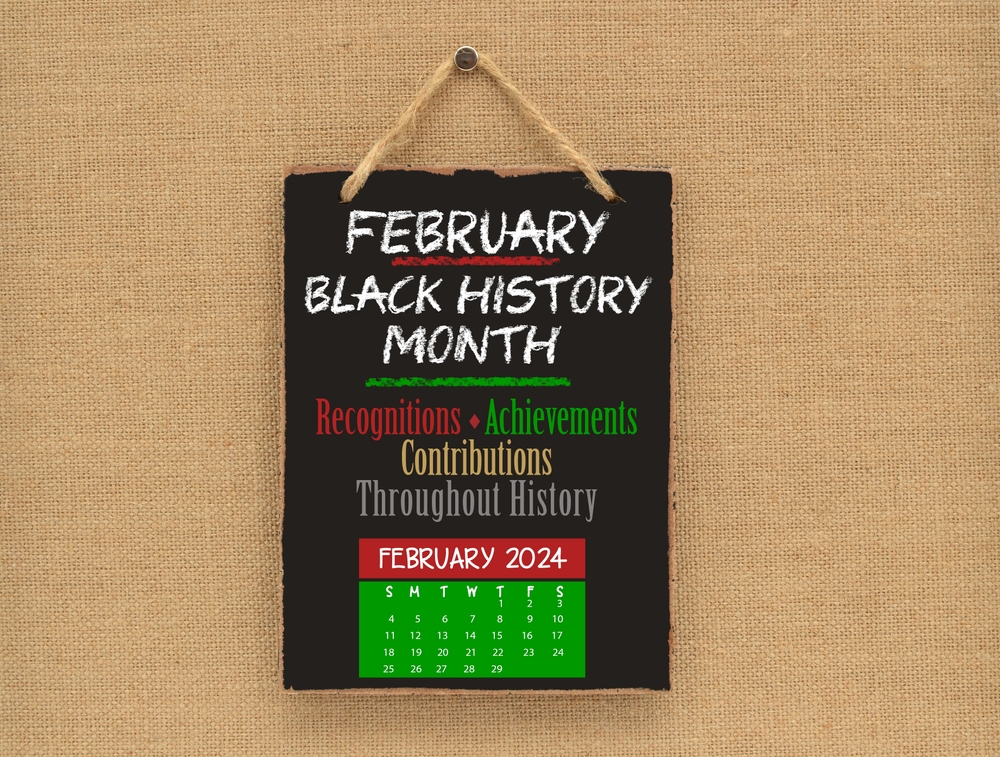At CoAGG, we are committed to educating and spreading awareness around global genocide and crimes against humanity, as well as addressing important work that needs to be done in our own backyard. Because of this, we are launching content in 2024 that will highlight recognition and awareness of months such as Black History Month, Women’s History Month, Asian American and Pacific Islander Month, Hispanic Heritage Month and Native American Month and discuss global topics that need attention like the conflicts in the Middle East and Ukraine and Genocide Awareness and Prevention Month.
We will be posting articles on our website, releasing new podcasts in our Never Again series twice a month on platforms like Apple Podcast and Spotify, posting relevant content on our social media channels, and sending out educational newsletters and emails to our supporters. We encourage you to follow our social media channels, download our podcasts and please help us spread the word so we can better educate everyone, and create thoughtful advocacy that will make a real impact. Below are links to everything you need to know to support CoAGG in our mission to educate, motivate and empower individuals and communities to oppose Genocide and Crimes Against Humanity.
American activist Rosa Parks once said, “I had no idea that history was being made. I was just tired of giving up.” Her words, which speak to the importance of perseverance when it comes to effecting change, describe the very heart of Black society in America. From the abolishment of slavery to the desegregation of schools to the founding of the NAACP and the passing of the Civil Rights Act of 1964, Black Americans have persevered, shaped history, and changed America for the better.
And in the spirit of Black History Month, we honor them.
So, what exactly is Black History Month? It’s an annual celebration that was established nearly 50 years ago by President Gerald Ford. The celebration stems from “Negro History Week,” an earlier celebration sponsored in 1926 by what’s known today as the Association for the Study of African American Life and History. Over time, “Negro History Week,” evolved to become Black History month and in 1976, Ford made it official. He designated the month of February as Black History Month, claiming it as an “opportunity to honor the too-often neglected accomplishments of Black Americans in every area of endeavor throughout our history.” And while most of us know what Black History month is, what many of us don’t think about is why it is. Why do we celebrate it and why is it necessary?
When thinking about Black History month it’s easy to get caught up in this concept of “black history” when it is simply history. According to Dr. Vern L. Howard, chairman of the Dr. Martin Luther King Jr. Colorado Holiday Commission, “There’d be no American history without Black history. Black people had more contributions documented as well as stolen from them than any other race of people. All Black history is, it’s just the contributions of Black people.”
And that’s just it. So often today, media are one-sided and tend to portray the negative aspects of Black culture without highlighting all the incredible things worth celebrating. They paint Black Americans as impoverished, uneducated, and more prone to engage in criminal activity. What they don’t showcase however, are all the achievements of Black Americans in science, art, education, business, philanthropy and music despite having suffered generations of oppression and racism.
Black History Month is all about honoring those achievements and celebrating the ways in which Black Americans have advanced our nation. This month we recognize and remember that Black achievements are American achievements, and Black history is American history, both of which should be celebrated not just in February but all year long.

